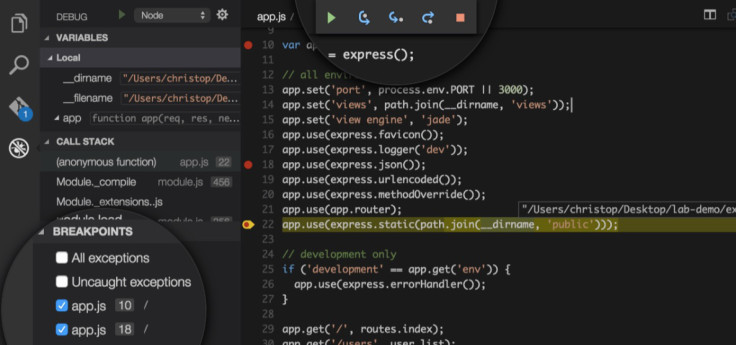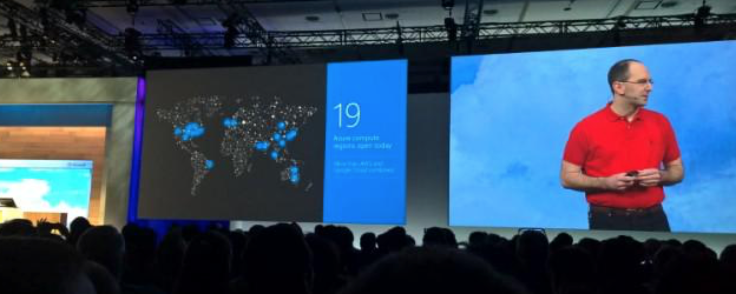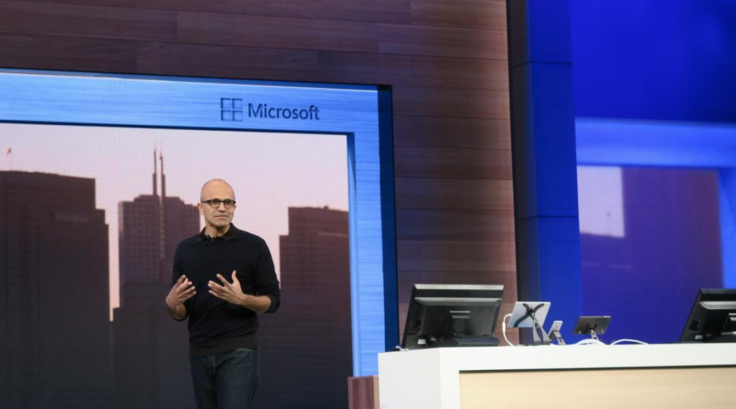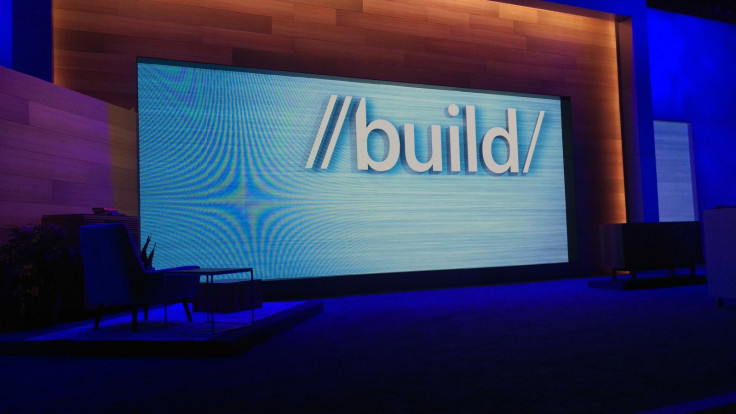Build 2015 keynote live blog: Windows 10, HoloLens, Office, Lumia and more

We are in the Moscone Center in downtown San Francisco for live coverage of the Microsoft Build 2015 developer conference keynote, which is kicking off at 8.30am local time.
We expect to learn more about:
- Windows 10
- HoloLens
- Android apps on Windows smartphones
- Opening Office up to developers
- Microsoft's smartphone strategy
Microsoft opening up Visual Studio to the Mac is representative of the new approach which Satya Nadella has implemented since taking over as CEO last year. Just like Office for iPad, making Visual Studio Code available on OS X is aimed at getting Microsoft tools and software into the hands of more people.
By the looks of the posters and decoration around the Moscone Center this morning, Office is going to be a major focus from Microsoft this year. Speaking to someone in the know, I am led to believe that the company will open up user information (over a billion people use the software) to developers to build on top of.
This morning, the latest rumour suggests that Microsoft will announce that Android apps will be able to run on Windows smartphones, tablets and laptops. The rumour comes from long-time Microsoft watcher Paul Thurrott, who has a solid track record in breaking this type of news about Microsoft.
Thurrott however is not very positive about the move, if it does happen:
If true, this is the opposite of what I wanted and expected. Indeed, when Microsoft first started talking up the notion of universal apps that would run across its various platforms—Windows, Windows Phone, Xbox One, Internet of Things embedded devices, Surface Hub, and HoloLens—I opined that truly "universal" apps would in fact also run on competing devices as well. At the time, I figured this would mean Android primary, since that platform is open and Microsoft has already starting building support for Android into Visual Studio. (iOS is a harder nut to crack because Apple locks down the platform.)
Letting universal apps run on Android would open up the market to Windows-focused developers and let me leverage their existing skills and knowledge. It makes sense. And I still expect to see this happen, if not in the current generation of universal apps, then in the future.
But letting Android apps run on Windows is another thing entirely. Indeed, it is the literal opposite of opening up universal apps to Android. And I question the logic of this strategy.
© Copyright IBTimes 2025. All rights reserved.


























